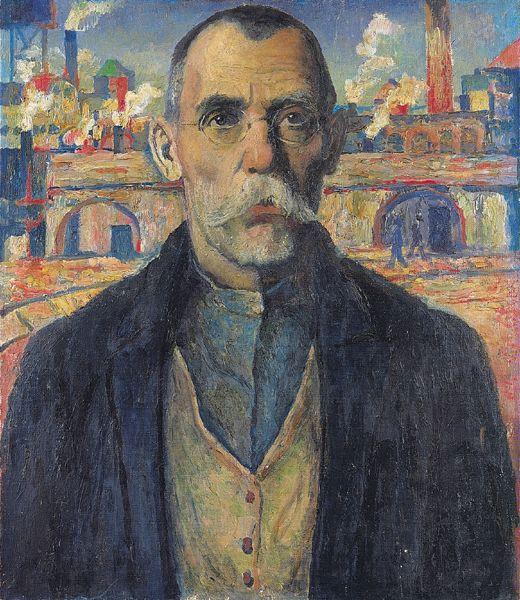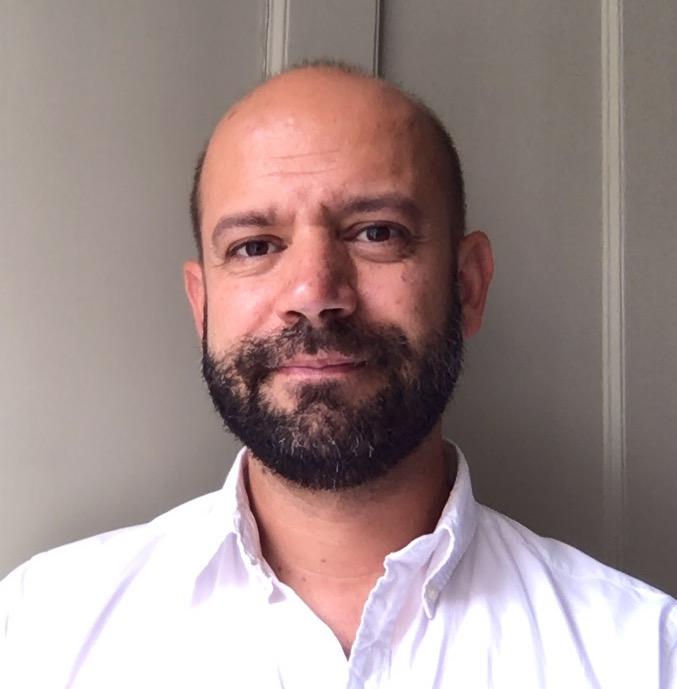Engaged Economists. Politics, Profession and Economics in the Left-wing Commitment, 1930s-1960s

The research project explores the interweaving between engagement, profession and economic ideas in order to better understand how the identity and the role of economists in society are shaped and evolve.
It adopts a transnational-comparative prosopographical – both qualitative and quantitative – approach, taking as its focus the economists’ engagement in the communist, socialist and labour lefts in France, United Kingdom and Italy, from the 1930s to the 1960s.
By engagement, ENGECON means a partisan activism linked to the participation in public debate that contributes to the legitimization, dissemination and elaboration of economic ideas. Three principal specific objectives are studied: the factors explaining engagement; the practices of engagement; the implications of engagement for the economic thought, as well as the professional trajectory and the intellectual status of the economists.
Principal investigator Dr Massimo Asta
Supervisor: Pedro Ramos Pinto
Funded by Horizon 2020 Framework Programme
----------------------------------------------------
Marie Skłodowska-Curie Actions 
Workshop 7th May 2021
The Value of Labour: Ideas, Measurement, Custom, and Conflict in the Modern Era
The spectacular increase of wage inequality in the last forty years across the globe has given new vigour to the debate on the value of labour and the determinants of the forms and hierarchies of work’s rewards. It has inspired studies in sociology, anthropology, law, and economics, that are linked by a call for a more pluralistic understanding of the functioning of the labour market, reaching beyond the concepts of marginal productivity and market oriented subjective preferences. In economic history, it has revitalized research on real wages and living standards, a well-established, and vibrant field.
Since the seminal work of Eric J. Hobsbawm, Custom, Wages and Work-Load in Nineteenth-Century Industry (1960), however there is scope to bring renewed attention to the role of moral, theoretical, social, and political factors that influence wage levels, and their connections with working conditions, including the role of conflict and social categories such as gender and race.
This workshop is meant to be an opportunity to discuss the intellectual and social history of wages in the modern era dealing with different levels – local, national, comparative and transnational, as well as within and across different sectors. Bringing together new works adopting a historical perspective from a range of disciplines – History, History of Science, Economics and Sociology – the workshop will facilitate a productive interdisciplinary conversation and form the basis of a forthcoming publication. Contributions are invited from scholars across the social and human sciences, clustering around four themes: Ideas, Measurement, Custom, and Conflict.

Kazimir Malevich, Portrait of a record-setter in work productivity, 1932
Image: Bertrand Russell; John Maynard Keynes, Baron Keynes; Lytton Strachey


